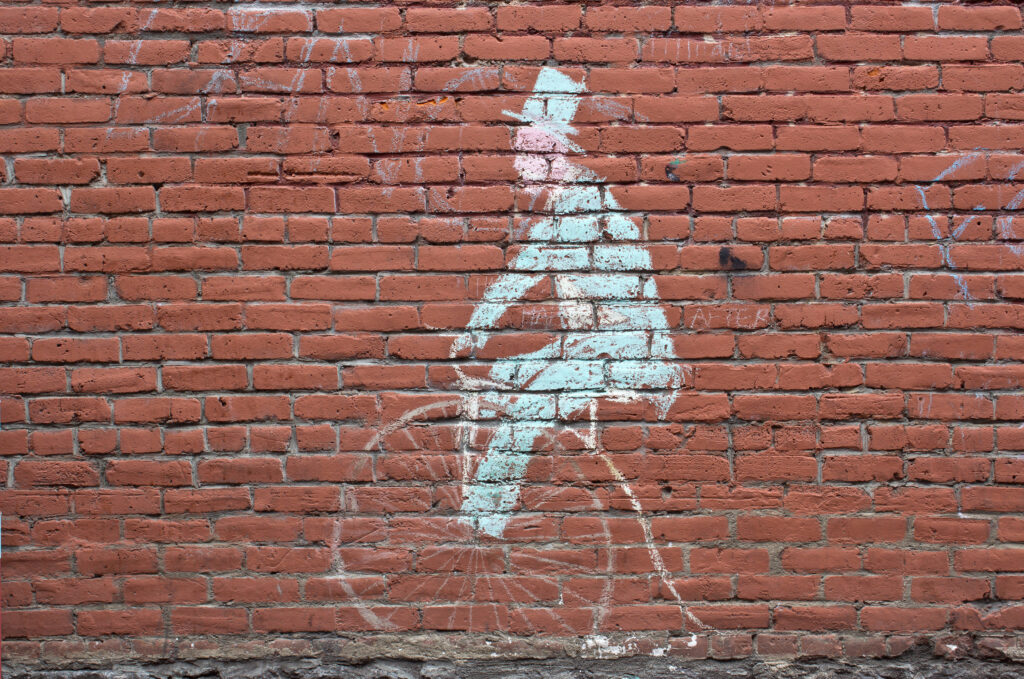With most addictions, it isn’t that hard to know if you have a problem. Most people who are willing to risk getting caught with illegal street drugs know that they’ve reached a point where their addiction has taken over their self-control. Alcohol is a little different because you can easily purchase it and even drink it in public provided that you’ve reached the legal drinking age. People also tend to look at binge drinking as a rite of passage in some cultures. For example, many adults turn a blind eye to college kids downing copious amounts of alcohol at a frat party, and even weddings tend to have alcohol freely flowing at the bar. Asking if you binge drink, then does that mean you’re an alcoholic could mean that you’ve noticed that your drinking habits are starting to exceed the realm of what an average person might consider being normal. Identifying alcoholism is a little complicated, but you can look for signs in your drinking patterns that point to a need for professional treatment.
Binge drinking is technically defined as happening when men drink more than five alcoholic beverages in a two-hour time period and women have four. The difference in the definition between the two genders comes down to how women’s bodies tend to metabolize alcohol faster. Another definition of binge drinking involves any type of alcohol consumption that raises your blood alcohol concentration above 0.08%. To reach this point, you must typically be drinking multiple beverages in a short period of time, or you might be making your drinks strong. Either way, you’re considered to be unsafe to drive and could put yourself at risk for making other risky decisions.
Binge drinking is something that a person could accidentally do on one occasion in their life. You might accidentally overdo it at a party, or you might even mix your drinks too strong if you’re not used to making them. If you’ve woken up after a night full of fun with a head full of regrets and changed your behavior, then you probably aren’t an alcoholic. The problem with binge drinking occurs when it becomes a normal pattern in your life. If you’re worried, then check out these signs that binge drinking has crossed over into a serious problem with alcohol.
•Binge drinking frequently, such as more than once or twice a year
•Having a few drinks before an event so that others don’t notice how much you drink
•Hiding bottles around the house or engaging in other secretive behavior
•Experiencing problems at work or in your relationships from over-drinking
•Blacking out or having memory lapses
•Putting yourself into unsafe situations
•Trying to stop drinking and finding out that you can’t
Get a Personalized Treatment Plan That Fits Your Drinking Habits
Binge drinking places you at risk for issues such as getting alcohol poisoning and unintended injuries since you aren’t capable of making rational decisions once you are inebriated. Some alcoholics might not reach that point, but their continuous drinking places them at risk for additional health problems such as liver disease. Both types of alcohol use disorders can benefit from professional treatment, and it is important to make sure that the program you visit is prepared to provide you with personalized care that hits each of your needs.
People with serious alcohol addictions could experience severe withdrawal symptoms that place their life at risk. Going to a program that offers detox services can help you to wean your body off of alcohol while minimizing the risk of developing serious issues. Someone who binge drinks less frequently might not be as worried about withdrawal symptoms, but you might still need intensive therapy to help you figure out why you go overboard when you do drink. Finding a treatment program that starts with a comprehensive alcohol assessment helps you to get the services that you need whether you binge drink or consider yourself to be an alcoholic.
Are you ready to end unhealthy drinking habits? We can help you find the perfect fit in a treatment center when you call us at 833-497-3812.

